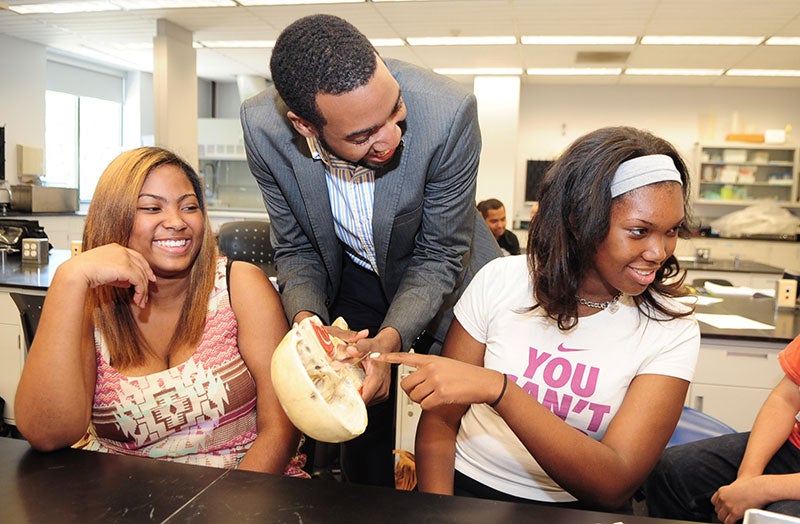WCP: Shakespeare and Working-Class Students: The Value of Irrelevance
Posted in Visiting Scholars | Tagged Class, Higher education, Job readiness, John Russo, Mobility, Sherry Linkon, students, Teaching, Tim Francisco, WCP, Working-Class Perspectives
Many first-generation students attend college to get out of the “working class” both economically and culturally. In this week’s Working-Class Perspective, Tim Francisco warns that prioritizing job readiness in the classroom can compromise the intellectual proficiency that working-class students seek in higher education and perpetuate hegemonic systems of inequality.
“The seminar discussions further revealed that, for some, educating working-class students means teaching differently from how we might teach the sons of lawyers or stockbrokers. We want to validate the perspectives from which many of us come and accommodate the pressures our students face. This is well and good, and even politically and/or morally right, but it can sometimes also lead us to avoid rigorous methodologies, which in turn could hamstring those we aim to propel forward.
Several participants said they felt pressured to teach less theory, for example, or to relax writing assignments or adjust grading criteria, all in the name of helping students complete their degrees and thus improve their economic opportunities. Of course, working-class students (like most students) do see college as a vehicle for upward mobility, but many also see college as a means of feeding their intellectual curiosity, and this is often more precious to them than to students of privilege.”
Read the post in its entirety and check out other Working-Class Perspectives posts on our website.

